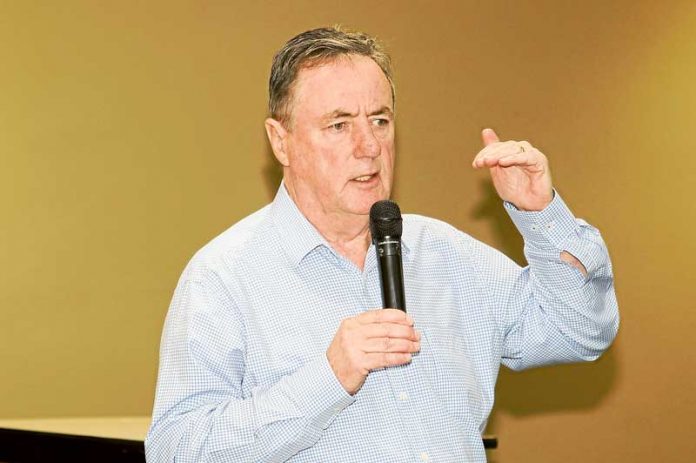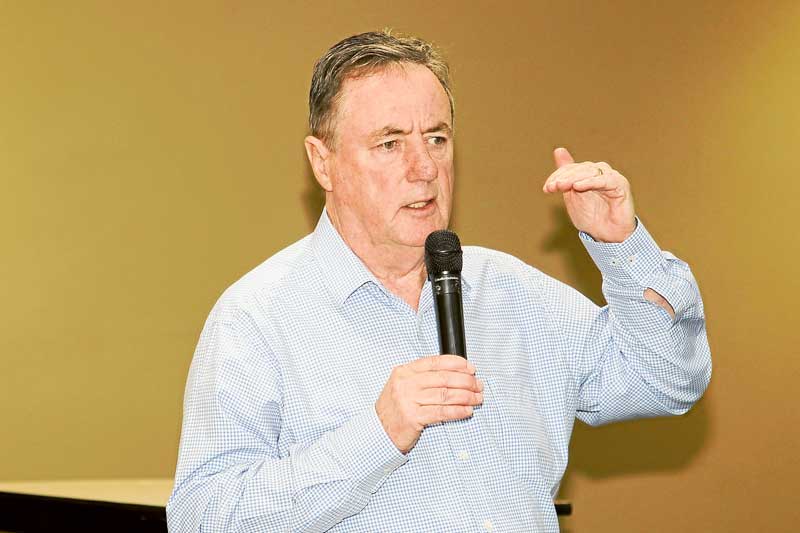

Communities across Australia’s premier food bowl are coming together to fight for their survival. They are fed up with government inaction on restoring common-sense to the management of water, which is our most precious resource.
They are forming a united front to let governments know they will be ignored no more. The message will be clear: Fix the failing Murray-Darling Basin Plan or risk sparking further mistrust and protests at a level never seen before in rural Australia.
While coordinating groups do not advocate for civil disobedience, they are concerned the anger ‘on the ground’ is at such a level it may be inevitable if the status quo remains. Community organisations from the Murrumbidgee region and northern Victoria are strengthening their relationship with Southern Riverina Irrigators, and other organisations across the southern Murray.
The organisations will collaborate to form an unprecedented united voice for the Murray-Darling Basin’s southern connected system.
They want changes to water management that will stop the demise of the nation’s food bowl and return its communities to prosperity, which has been taken away by a failed Basin Plan and water policy in general.
The groups which are linking up to advocate for change are Southern Riverina Irrigators, Murrumbidgee Industry and Agriculture Communities (which has brought together several groups from the Murrumbidgee) and Northern Victoria Irrigation Communities (which will streamline northern Victorian advocacy).
A spokesperson for the groups said they have all had enough of claims there is disunity in our irrigation communities, including from our peak farming bodies. Clearly the recent ground swell at rallies and meetings, along with the recent NSW election results show this is not the case. It is well past time for governments, State and Federal, and peak bodies to listen and act instead of inappropriately blaming the actual victims of this poor process for their lack of action.
They have taken some heart from meetings with the basin’s Inspector-General Mick Keelty, but remain nervous about what changes, if any, may be implemented following his pending report.
Some within advocacy groups have extreme concerns about the level of civil disobedience which is being raised at grass roots level and are desperate to convince Mr Keelty and governments that decisive and immediate action is needed to quell this unprecedented level of anxiety.





